What is detoxification of the liver?
Liver detoxification is the mechanism to purify the toxic chemicals from the blood through the liver. Along with detoxifying substances, the liver is responsible for producing bile crucial to the digestion process, storing glycogen, and converting nutrients into energy. It also metabolises or digests poisons, such as drugs, alcohol, and chemicals in the environment, converting them into less toxic forms that are excreted in bile or urine.
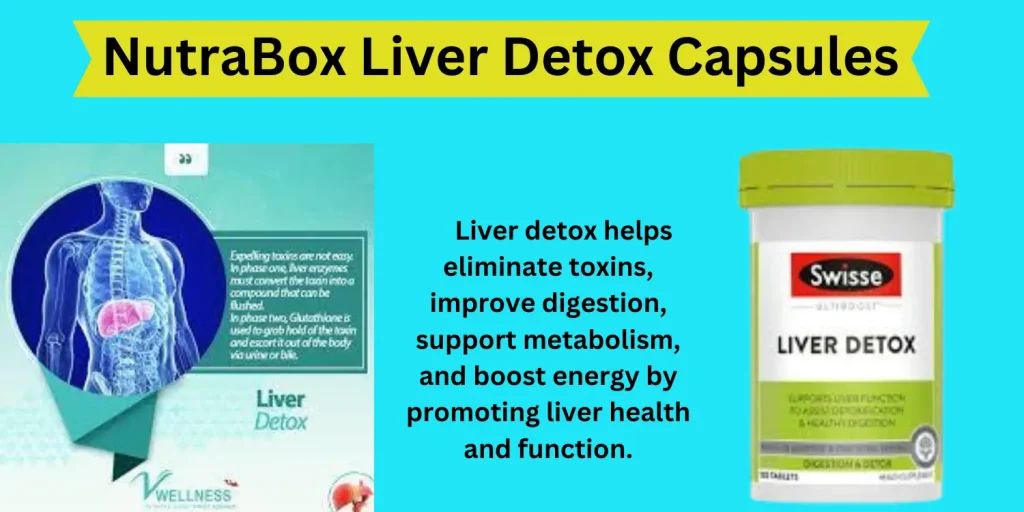
Detoxification occurs in two phases in the liver: Phase I and Phase II. Phase I: Cytochromes P450 convert poisons to intermediate molecules Phase II: This step makes sure that these compounds get ready to be water soluble (by conjugation with glucuronide or sulphate), which allows the body excrete them back home (in bile or urine).
The liver can only detoxify the body well if it is healthy and working properly. However, high toxin accumulation in the body can lead to many ailments: excessive consumption of alcohol, poor diet, drugs, and viral infections can affect liver function. The best thing we can do to stimulate liver detox is to continue to be and stay healthy, i.e., through regular exercise, a balanced diet, reducing alcohol, and minimizing contact with other pollutants.
What is the importance of water to the liver?
Water also serves an important role in most metabolic processes and acts like an organ that is essential for proper liver function. As the body’s principal detoxification organ, the liver metabolizes and eliminates waste matter, poisons, and harmful chemicals from the circulation. One way that proper hydration helps this detoxification process along is to ensure that the liver has enough fluid available to actually excrete these chemicals via urine and bile.
Besides, water helps in the liver’s processing of nutrients, including their digestion and absorption.
Dehydration can also lead to a buildup of waste products and poisons in the liver, which may damage the organ or increase one’s risk of liver disease. Water helps maintain optimal blood flow, which is very important for providing liver cells with nutrients and oxygen.
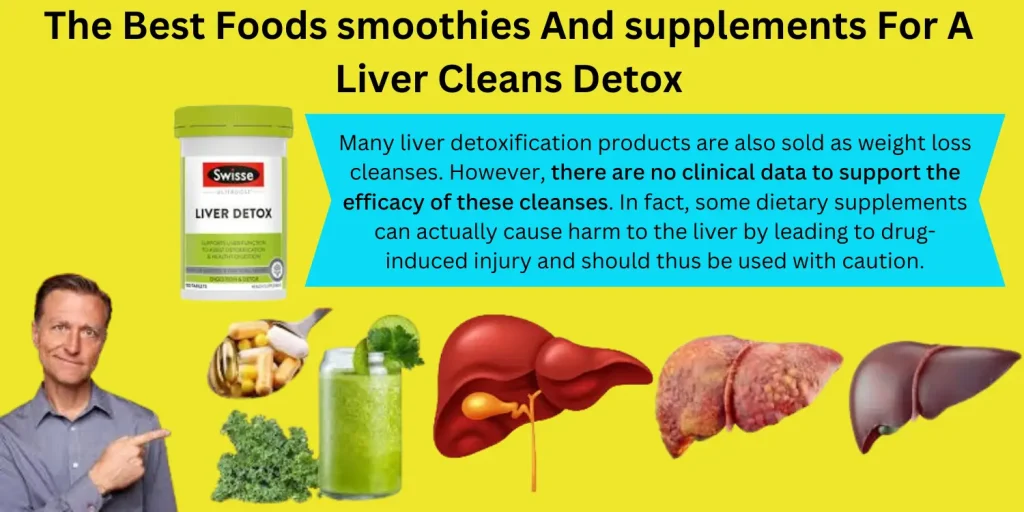
So stay hydrated; it is important for the health of the liver. It can enhance detoxification, help with digestion, maintain blood circulation, and ensure proper liver health to help prevent challenges and support wellbeing.
Does water detox your liver?
It is necessary for liver detoxification, even if it doesn’t “detox” the liver like some popular detox products like to say. In fact, toxins, poisons, and waste products are naturally filtered and processed by the liver. The liver is responsible for detoxification of the body, which does require a great deal of water.
Water aids bile transit, a digestive fluid made by the liver, and contributes to healthy circulation when the body is hydrated. Bile is important for the digestion of lipids and for the elimination of waste contents (e.g., toxins) from the body. When properly hydrated, urine, bile, and faeces rid the body of toxins.
Water also benefits the kidneys, which work with the liver to filter waste from the body. Dehydration can slow the liver and kidneys, which may delay the detox process and allow toxins to accumulate, which over time would overload the liver (29 Trusted Source).
While water doesn’t literally clean cholesterol out of the liver, it is necessary for maintaining detoxification, which is one job of the liver. Adequate water helps the liver filter and metabolise the waste, which is beneficial for overall health.
How do I make detox water for the liver?
Liver detox water is made using ingredients that support liver functions and promote hydration. They help support healthy digestive function overall and support the liver’s natural detoxification processes. Here is the simple liver detox water recipe:
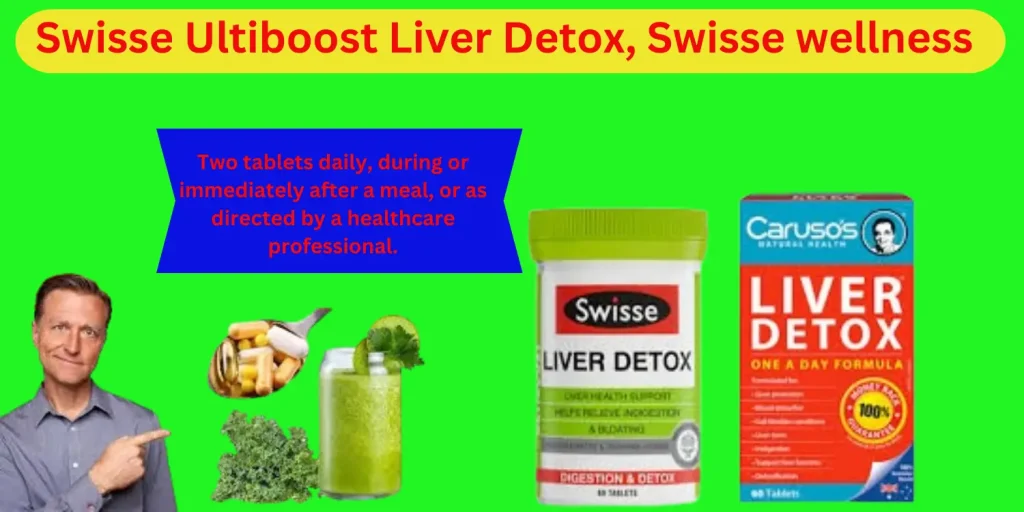
Components:
Lemon One high in vitamin C and antioxidants, lemon helps assist digestion and detoxification by stimulating the liver to create more bile.
Cucumber: This hydrating fruit helps liver and kidney functions by flushing out toxins and is an antioxidant.
Mint: Mint is known for its soothing properties, and it gives detox water a great taste while also helping in digestion.
Ginger is an antioxidant and anti-inflammatory that helps with digestion, stimulates the liver, and demonstrates decreased accumulation of toxins.
Water is essential for cleansing as well as hydration.
Directions:
Slice a few cucumbers and halve a lemon.
Add a small knob of fresh peeled and sliced ginger and a few fresh mint leaves.
Put them in a water bottle or pitcher.
To let the flavours combine, fill the jar with two to three cups of water and place it in the refrigerator for a few hours or overnight.
Please try to sip on the earliest day for the best hydration and safety for the liver. Also packed with antioxidants to combat toxins the natural way, promote liver function, and support hydration.
When does the liver detox?
The liver is constantly detoxifying the body, but its most active detoxification occurs during specific times, particularly while we sleep. The liver functions as the body’s primary detox organ, filtering blood, breaking down toxins, and processing waste products from the body. Although the liver works continuously, its detoxification processes are especially pronounced during the night due to the body’s natural circadian rhythm.
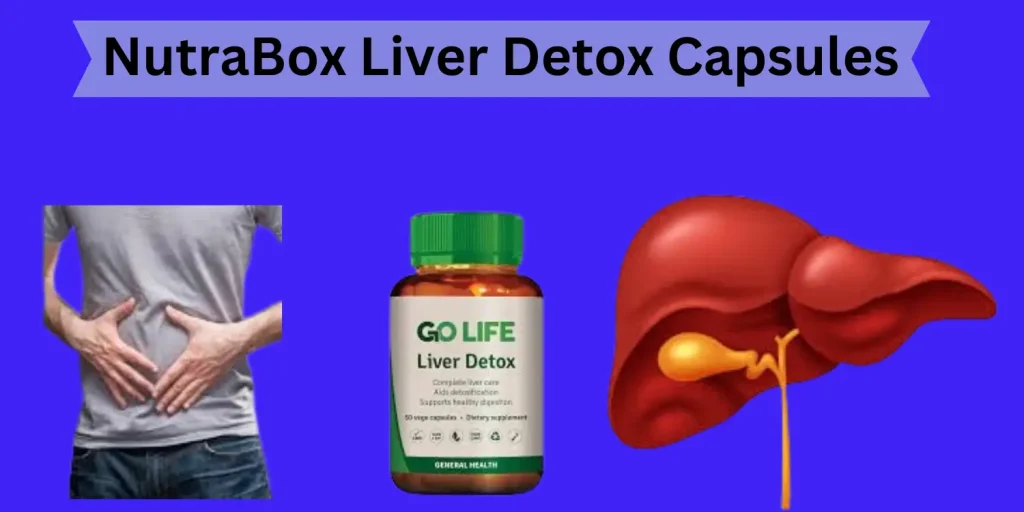
At night, when the body is at rest, the liver focuses on removing and processing toxins that have accumulated during the day. This period of detoxification is most active between 1:00 AM and 3:00 AM, a time often referred to as the “liver hour.” During this phase, the liver works to detoxify metabolic waste products, chemicals, and other toxins, breaking them down and preparing them for elimination through the kidneys, bile, and intestines.
In addition to nighttime detoxification, the liver also processes nutrients from food during digestion. After meals, it detoxifies and metabolizes nutrients, converting them into energy or storing them for later use. The liver also works to process excess hormones, alcohol, and drugs throughout the day, albeit at a slower rate compared to the nighttime detox.
Maintaining a healthy liver involves supporting its detoxification processes with proper hydration, a balanced diet, and adequate sleep, all of which enhance its ability to clear toxins.
What is the function of the liver?
In this article, we will explore the functions and importance of the liver: a powerhouse organ – Nadira Fazeel, MD, MPH. It detoxifies harmful substances in the body, including drugs, alcohol and metabolic waste products. One of its most important functions is purification; it filters blood from the digestive tract before it travels to the rest of the body, breaking down and removing toxins and waste.
The liver is also central to metabolism. It turns food nutrients into things the body can use, like glucose for energy. It stores glycogen as glucose and releases it into blood when energy is required. Furthermore, the liver participates in the production of critical proteins such as albumin that helps regulate blood volume, and coagulation factors that inhibit excessive bleeding.
A digestive fluid called bile, produced by the liver, helps break down fats in the small intestine, which aids in the digestion and absorption of nutrients. It also stores vitamins and minerals — iron, for instance, and vitamin A — and helps regulate cholesterol levels.
In addition, the liver helps with immune function by filtering bacteria from the bloodstream and storing immune cells. In a nutshell, the liver is very important for digestion, detoxification, metabolism and immune function.
What is liver detox symptoms?
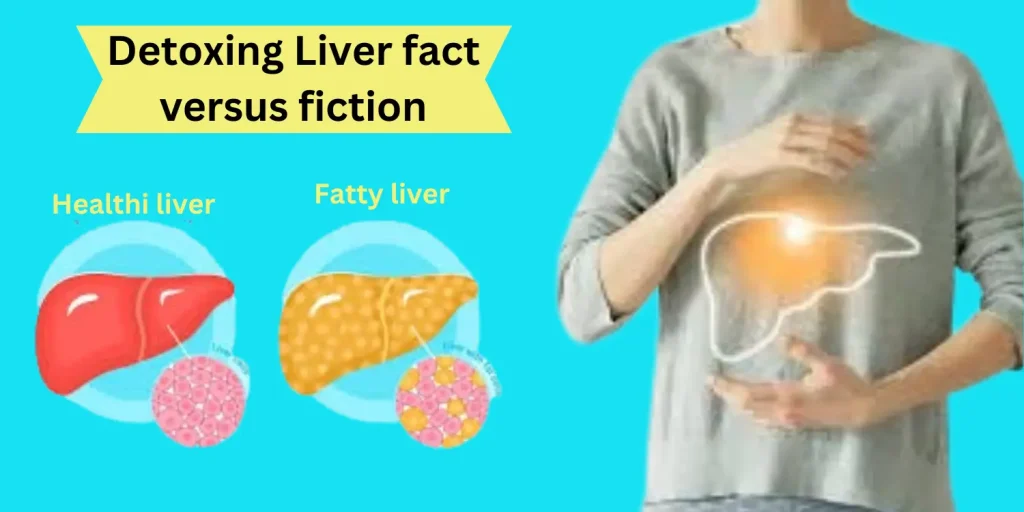
As the liver works to detoxify the body and eliminate built-up toxins, a wide range of symptoms can occur. These symptoms may vary from person to person based on health, the extent of toxins accumulation, and methods applied to aid detoxification. Some common liver detox symptoms to look out for include:
Fatigue — As the liver processes and filters toxins, it requires energy, and levels can fall as the body exerts greater effort to rid itself of waste.
Headaches – As toxins enter the blood, headaches may occur while the body adjusts to the detoxification process.
Digestive issues — Bloating, gas or nausea could be symptoms as the liver steps up bile production to help break down fats and eliminate toxins.
Skin breakouts – During detox, the liver works to remove these toxins from the body, and one way it does this is via the skin, leading to acne, rashes or itchiness.
Mood swings – Hormonal changes, as well as toxin release, can have an impact on mood.
Body aches and muscle pain – As the body releases toxins that are stored in fat tissues, aches in the body can occur, leading to discomfort.
Bad breath or coated tongue – As liver detoxes, it may in turn result in toxins being expelled from the mouth which can taste bitter and often result in a coated tongue.
These symptoms usually pass once the liver has finished the detox process, but if they don’t go away — or increase — talk to a healthcare provider.
What is the detoxification site in the liver cell?
In liver cells, the smooth endoplasm reticulum (SER) is mainly responsible for detoxification, mainly in hepatocytes (liver cells) found in specific structures. Liver cells, known as hepatocytes, have several enzymes which are important in detoxifying substances.
The liver detoxification occurs through two primary steps: Phase I detoxification and Phase II detoxification.
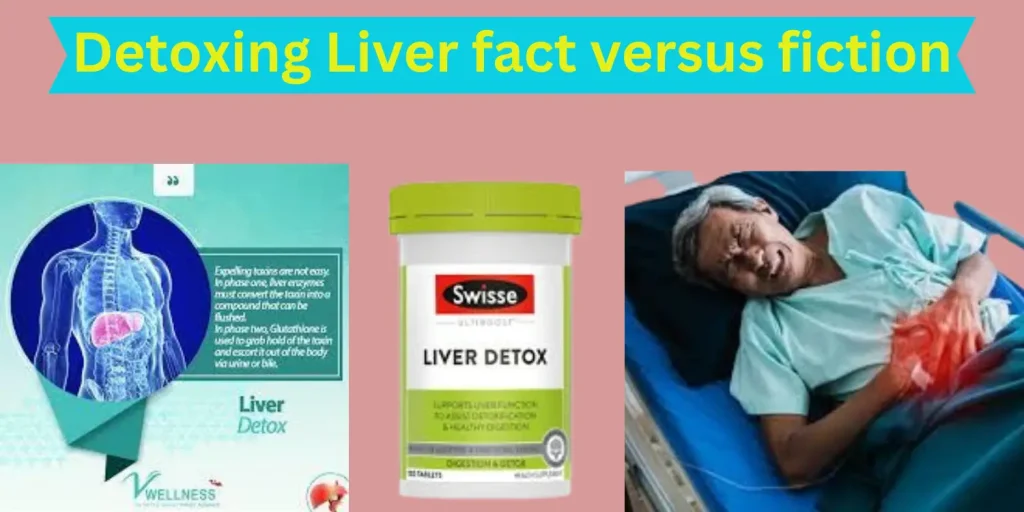
Phase I detoxification >> Mostly in the smooth endoplasmic reticulum It’s enzymes like cytochrome P450 that oxidize, reduce, or hydrolyze toxins, rendering them more water soluble so they can be eliminated from the body. This phase alters drugs, alcohol and environmental poisons so that they can be more reactive. They are still toxic and need to be altered even more.
During phase II detoxification, which happens in the cytosol (the liquid within the cell beside organelles), enzymes attach other molecules, like glutathione or sulfate, to the altered toxins from phase I; this process of conjugation makes the toxins neutral and more easily excretable through bile or urine.
The liver filters out toxins via these phases, and the post-processed toxins are either excreted through the bile back to the intestines or through the kidneys and into urine. This detoxification system plays a crucial role in eliminating toxic substances from the body and ensuring optimal health.
What are the benefits of water?
Water has a variety of benefits to health and overall well-being. Water, the most crucial nutrient you can take, comprises approximately 60% of the human body and is required for almost every single function in the body.
Hydration– The most important benefit of water is hydration. Staying properly hydrated keeps the fluid balance, allowing cells, tissues and organs to function efficiently. It’s important for the body’s ability to regulate temperature, move nutrients and waste.
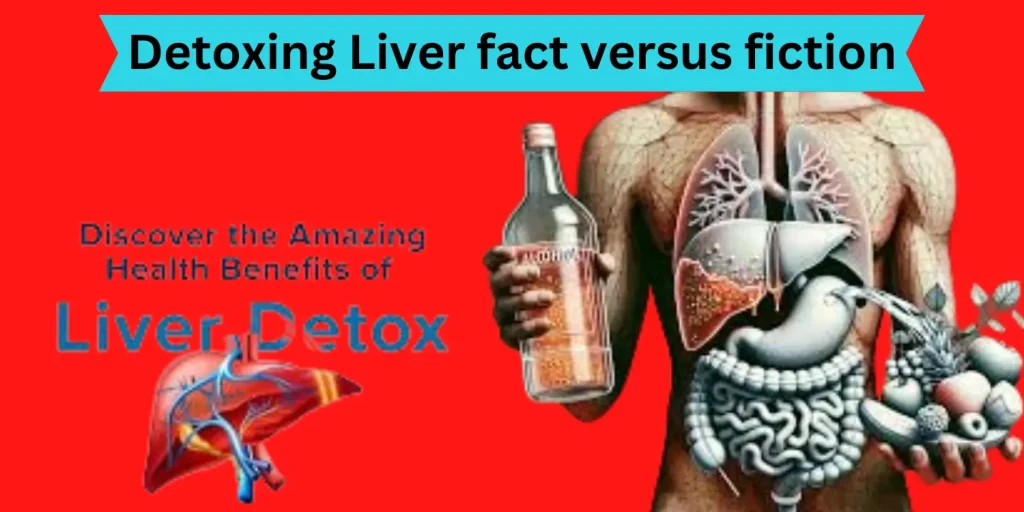
Detoxifying: Water aids in the removal of toxins from the body via the kidneys, liver and urinary tract. It helps to remove metabolic wastes and toxins to avoid harmful accumulation.
Water plays a crucial role in digestion and nutrient absorption; it helps break down food and dissolve nutrients, allowing the body to absorb them more easily. It also reduces the risk of constipation by making stools softer and smoothen the bowel movements.
Secret of Joint Lubrication: Water is the lubricant for joints; it reduces friction and thus, prevents arthritis. It keeps the joints flexing and feeling cushy.
Skin health: Hydration improves the elasticity and moisture of the skin, minimizing the presence of dryness and wrinkles. It also assists to reduce and heal skin conditions such as acne.
Water plays a key role in hydration, detoxification, digestion, a great joint lubricant, and even a skin care miracle, all of which adds up to health and vitality.
What is the conclusion of the liver?
Liver is one of the most indispensable organs and performs countless of crucial functions required for overall health and homeostasis. The liver, the body’s primary detoxifier, metabolizes and filters waste, toxins and harmful compounds from the blood. It is also critical to the body’s digestive system, as it generates bile — responsible for the breakdown and absorption of fats. The liver is also essential for metabolism, transforming nutrients from food into energy, storing excess glucose as glycogen and regulating blood glucose levels. It also synthesizes proteins required for blood clotting and blood volume.
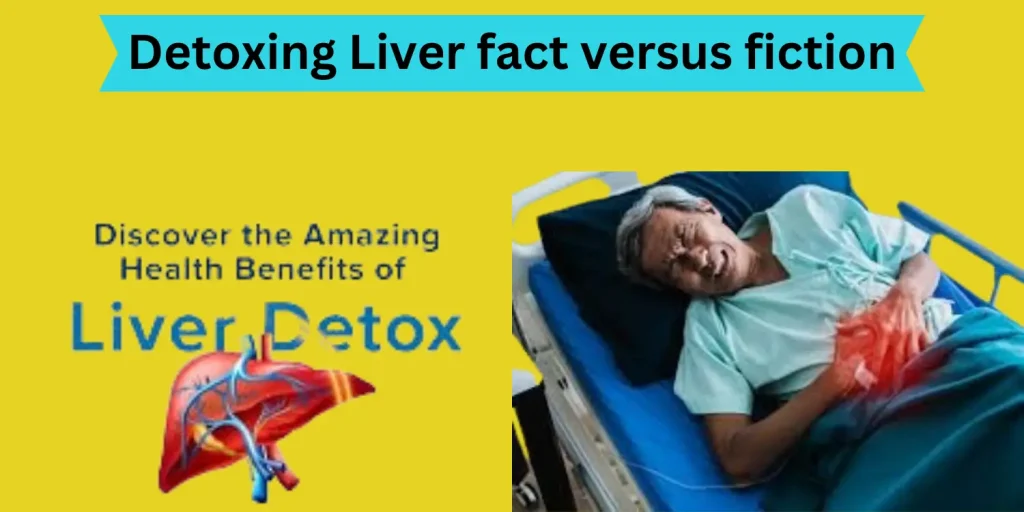
The liver is capable of regeneration, which means it can recover from damage and continue to perform its functions. Chronic liver diseases like cirrhosis, hepatitis or fatty liver disease can compromise its functions, which is why it is essential to live a healthy lifestyle. Hydration, diet, alcohol consumption, and limiting exposure to toxins are all crucial for liver health support.
In conclusion, the liver is dynamic and serves as a vital organ for detoxification, digestion, metabolism, and immune response. As liver health is key to body health, it is important to maintain this key organ by eating well and having regular medical checks.
Table of Contents